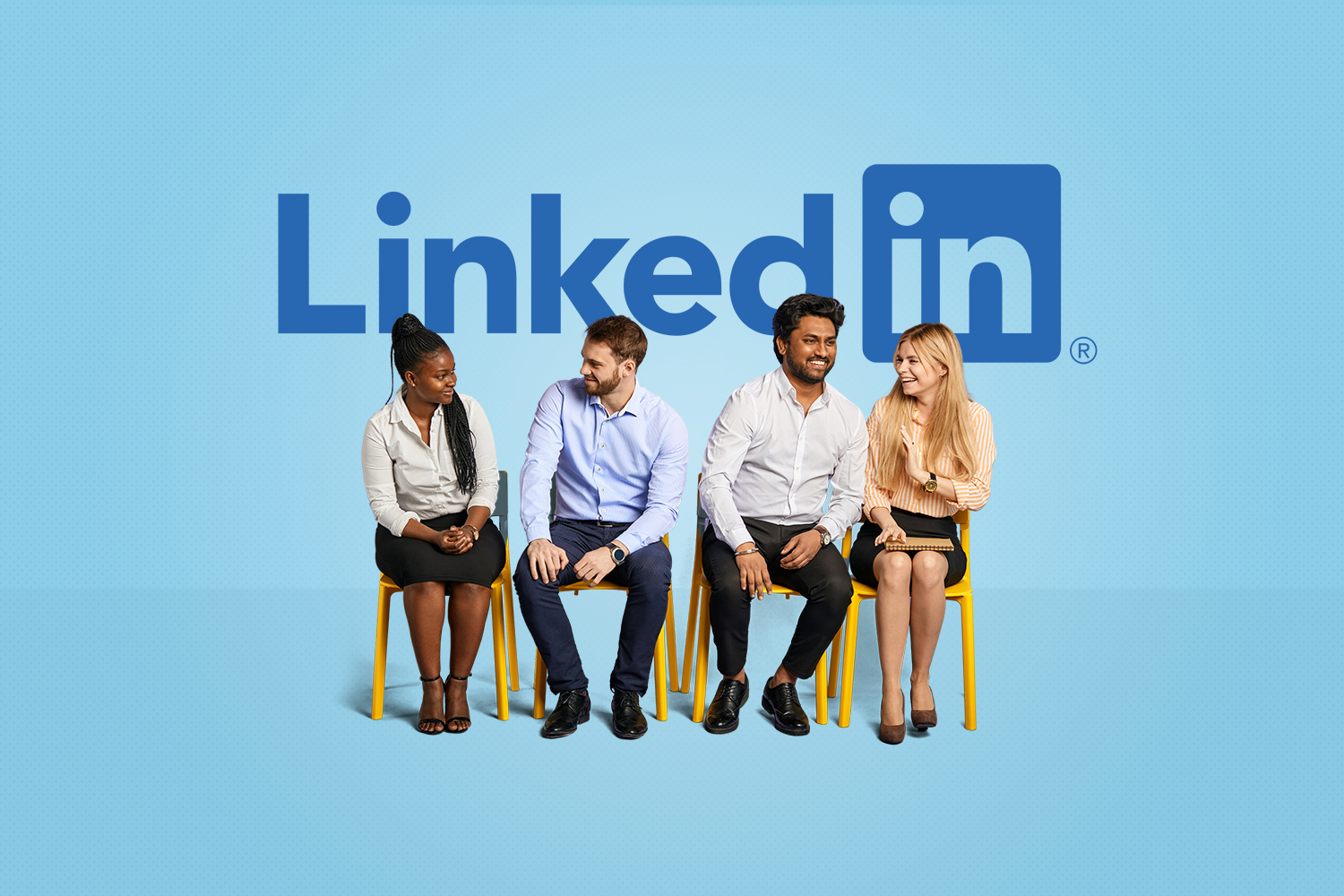As the world’s largest professional network, LinkedIn has always been a go-to platform for building connections and networking. However, with the rise of Gen Z in the workforce, LinkedIn is starting to see a transformation in how users engage with the platform. For Gen Z, LinkedIn is becoming more than just a place to find jobs or connect with potential employers.
It’s also becoming a valuable resource for research and career advice. For example, a recent study by Sprout Social found that LinkedIn is the most popular social media platform among Gen Zers for professional networking. But what does the future of LinkedIn marketing look like? To answer that question, we need to understand the habits and values of the next generation of professionals: Generation Z (born between 1997 – 2012).
Gen Zer’s Digital Habits Reflect Their Values
LinkedIn was known to encourage traditional professionalism among all social platforms by enabling users only to share highly curated content related to business and personal success. However, this has begun to change, as Gen Z’s online habits reflect their values: authenticity, collaboration, and social responsibility. Here’s a closer look at how each of these values manifests itself in Gen Zers’ digital habits:
1. Authenticity
Gen Zers are looking for brands that are genuine and transparent. They want to see behind the scenes, know the brands they support, and share their values. To appeal to this generation, brands need to be authentic in their marketing efforts.
2. Collaboration
Gen Zers are used to working in team environments and value collaboration. So when they see brands working together – through user-generated content or influencer marketing – they take notice. Collaborative marketing efforts will help your brand stand out to this generation.
3. Social responsibility
Gen Zers are socially conscious and want to see brands taking social responsibility seriously. They want to see brands supporting causes they care about, being transparent about their business practices, and making an effort to reduce their environmental impact. Brands that can show they understand and care about the issues that matter to Gen Zers will be in a better position to build lasting relationships.
Brand Transparency and Gen Z
I sat down with Danielle Farage, Linkedin’s Top Voice for Gen Z, work futurist, and collaborator, to better understand how Gen Z navigates LinkedIn. How can brands build trust with Gen Zers? Farage recalled learning about greenwashing and rainbow washing in college and how they impacted her view on brand transparency. She noted that brands must establish an active relationship with the social causes they support.
“As a socially responsible brand, did you contribute anything meaningful? Were you a part of the conversation?” These are questions Danielle states brands should ask themselves when building a strategy around trust. Instead of only showcasing support during a specific time frame, a brand must show its support all year round. Otherwise, the lack of commitment will generate a lack of integrity, thus minimizing trust with Gen Zers.
“Knowing your values as a brand is essential in resonating with Gen Z. Establishing how your brand is showing up and knowing if you are maintaining these values proves that you are being transparent with your marketing efforts,” stated Farage. In addition, studies around Gen Z consumer patterns describe Gen Z as a generation that conducts more research comparatively than other generations.
As a result, Genz will spend more money on brands that align with their values, and brands that prioritize establishing an authentic and transparent brand identity ultimately reap these benefits.
Gen Z Values Brand Integrity From The Inside Out
We’ve seen a shift in how businesses treat employees in recent years. In the past, companies were more focused on profits and growth than on the well-being of their workers. However, that’s starting to change, particularly among popular brands with Gen Z consumers. These so-called “Gen Z value brands” put their employees first, invest in their development, and offer them competitive benefits.
This focus on employee experience is paying off: Gen Zers who work for these brands are more engaged and productive and more likely to advocate for them. What does this say about a brand? It shows its commitment to its employees, staying authentic, and supporting social causes.
B2B Marketing for Gen Z in Leadership Roles
As the founder and Director of Growth & Marketing for Café, a social hub for hybrid teams, Danielle Farage is now facing the challenge of navigating marketing in a B2B landscape herself. How should B2B companies adapt their marketing strategies as GenZ begin to take on leadership roles?
Danielle believes brands that want to improve their strategy can take two different approaches. The first approach is to focus on the language they are trying to communicate with their brand voice, and the second is to seek out diversifying who represents them actively.
1. Communication is Key
Despite the growing number of Gen Z’ers filling leadership roles, many businesses are still run by Baby Boomers, Gen Xers, and Millennials. With this in mind, Danielle’s strategy when targeting Gen Z in leadership is to identify what language to use when communicating a specific message. This includes modern colloquial terminology without abandoning traditional professional terminology.
2. Diversify your Brand Voice
After being invited to speak for various organizations, Farage noticed the lack of diversity among panelists. Granting Gen Z leaders the authority to become a brand’s voice increases brand relatability and authenticity. Incorporating newer and younger voices to deliver your brand identity is essential in adapting to a new generation of leaders.
In Conclusion
All in all, there’s no question that Gen Z is transforming how we think about LinkedIn marketing. It’s vitally important to understand the site, but understanding its users is equally as important; this will allow brands to create more effective campaigns and interact with Gen Z more meaningfully. Gen Z is a generation that wants to be guided. What better way to maximize this opportunity than by reimagining your brand voice and values?
